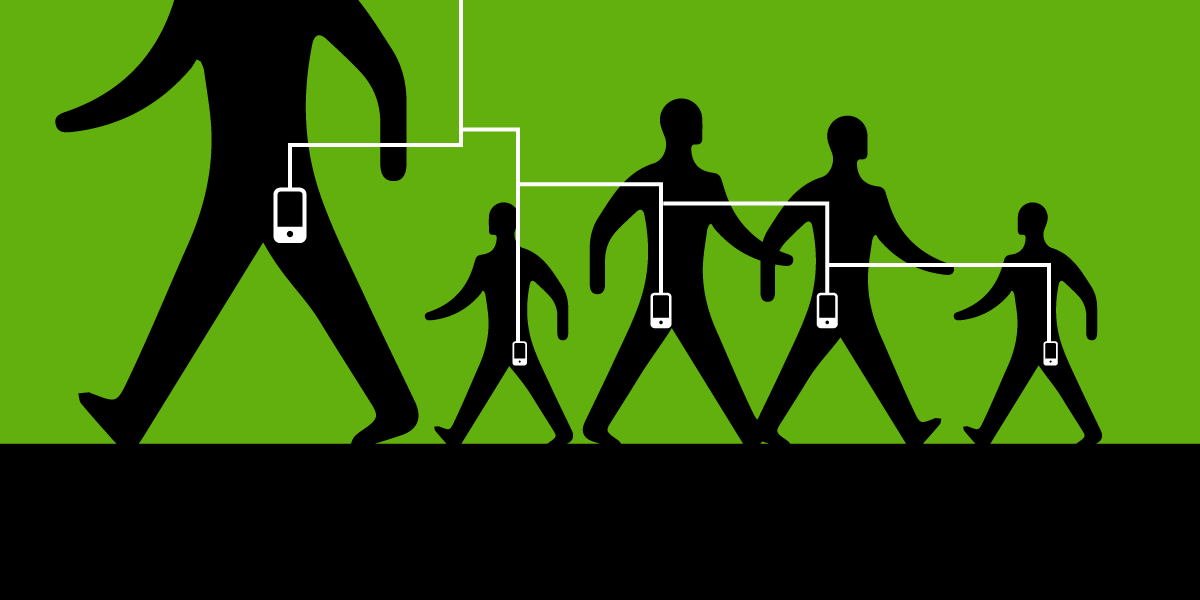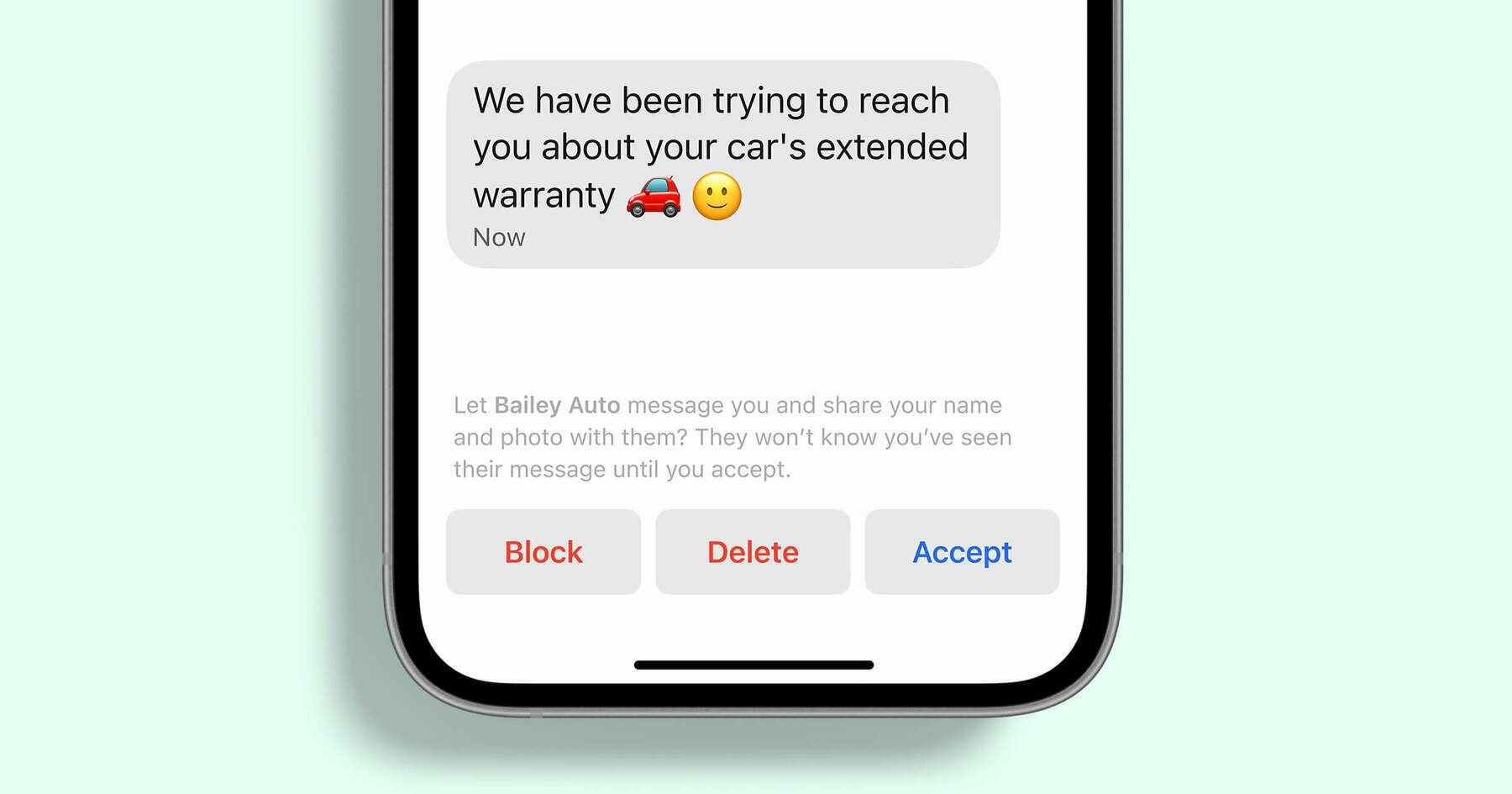AI = surveillance
Social networks are surveillance systems. Loyalty cards are surveillance systems. AI language models are surveillance systems.
We live in a panopticon.

Why is it that so many companies that rely on monetizing the data of their users seem to be extremely hot on AI? If you ask Signal president Meredith Whittaker (and I did), she’ll tell you it’s simply because “AI is a surveillance technology.”Source: Signal’s Meredith Whittaker: AI is fundamentally ‘a surveillance technology’ | TechCrunchOnstage at TechCrunch Disrupt 2023, Whittaker explained her perspective that AI is largely inseparable from the big data and targeting industry perpetuated by the likes of Google and Meta, as well as less consumer-focused but equally prominent enterprise and defense companies. (Her remarks lightly edited for clarity.)
“It requires the surveillance business model; it’s an exacerbation of what we’ve seen since the late ’90s and the development of surveillance advertising. AI is a way, I think, to entrench and expand the surveillance business model,” she said. “The Venn diagram is a circle.”
“And the use of AI is also surveillant, right?” she continued. “You know, you walk past a facial recognition camera that’s instrumented with pseudo-scientific emotion recognition, and it produces data about you, right or wrong, that says ‘you are happy, you are sad, you have a bad character, you’re a liar, whatever.’ These are ultimately surveillance systems that are being marketed to those who have power over us generally: our employers, governments, border control, etc., to make determinations and predictions that will shape our access to resources and opportunities.”
Switching from Telegram to Signal
Like many people in a relationship, I have a persistent backchannel with my wife. I have never used WhatsApp, and so we ended up using Telegram. After reading this article from the EFF, an organisation I donate to on a monthly basis, we’ve switched to Signal.
My wife’s family moved to Signal after one of the privacy debacles around data sharing between WhatsApp and Facebook. Many people I know have switched from Telegram to Matrix for group chat.
So the only people left on Telegram that I contact regularly are my parents, my sister, and a few random people I probably haven’t messaged for a while…
Source: Telegram Harm Reduction for Users in Russia and Ukraine | Electronic Frontier Foundation
If you do not have [Telegram’s] secret chat turned on, your chat communications can be exposed or seen just like channels and groups. If you do turn on secret chat, then Telegram cannot see the contents of your communication, but they still have access to metadata about the communications, including who you talked to and when you talked to them. It may be possible to draw very specific conclusions about what you are doing based only on the metadata about your conversation.
Is this a Signal backdoor?
Maybe this is nothing. Maybe it’s something. But when an Open Source messaging app claims to need to make part of it closed source, maybe there’s something going on?
There are plenty of Open Souce solutions for email and commenting systems, so Free and Open Source (FLOSS) enthusiasts are entirely justified in wondering: is this a government backdoor?
We build Signal in the open, with publicly available source code for our applications and servers. To keep Signal a free global communication service without spam, we must depart from our totally-open posture and develop one piece of the server in private: a system for detecting and disrupting spam campaigns. Unlike encryption protocols, which are designed to be provably secure even if everyone knows how they work, spam detection is an ongoing chore for which there is no concrete resolution and for which transparency is a major disadvantage. If we put this code on the Internet alongside everything else, spammers would just read it and adjust their tactics to gain an advantage in the cat-and-mouse game of keeping spam off the network. The Signal protocols, cryptography, and source code are peer reviewed, shared for independent inspection, and provably private by design. We are bound by these security guarantees, so that your conversations and contacts remain as private and protected as ever, even if we keep spam-fighting tools out of sight.Source: Improving first impressions on Signal | Signal blog
Seeing through is rarely seeing into

♂️ What does it mean to be a man in 2020? Introducing our news series on masculinity
✏️ Your writing style is costly (Or, a case for using punctuation in Slack)
Quotation-as-title by Elizabeth Bransco. Image from top-linked post.
